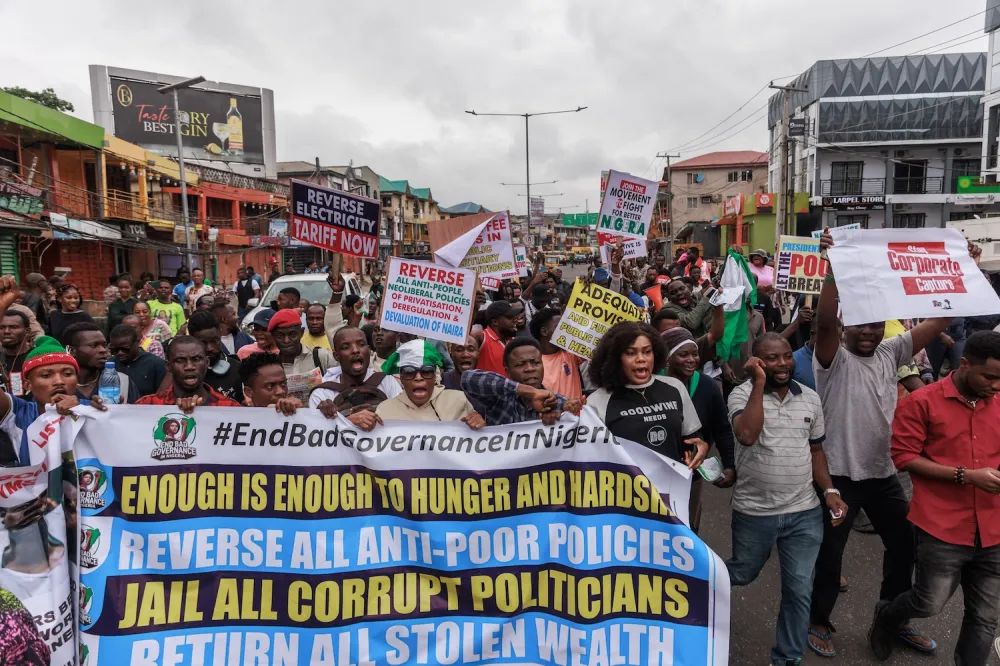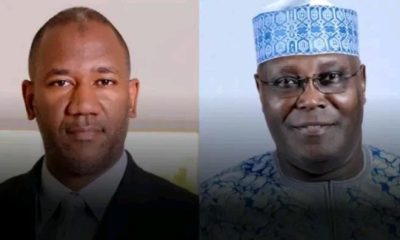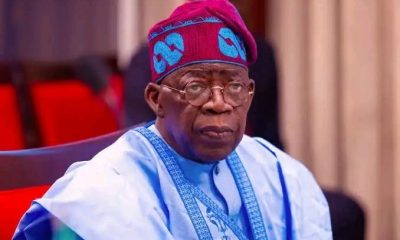National
Tinubu’s Influence in Northern Nigeria Sparks Divided Opinions Ahead of 2027

By Diafa Doubra,
With the 2027 general elections drawing closer, President Bola Ahmed Tinubu’s political influence in Northern Nigeria has become a subject of heated debate, with stakeholders in the region expressing sharply divided views.
Prominent political commentator, Mahdi Shehu, argued that Tinubu’s emergence has worsened existing cracks in the North, blaming northern elders and politicians for complacency and prioritising personal interests over collective progress. He also criticised the rise of transactional politics, claiming voters were being swayed by food and small cash handouts rather than genuine leadership.
However, Yerima Shettima, convener of the Northern Stakeholders Consultative Initiative, countered that the North is far from a monolithic bloc. He maintained that the region is defined by diverse social, political, and economic interests, stressing that Tinubu’s support base could dwindle further unless his government decisively tackles insecurity, poverty, and unemployment.
On a different note, activist Usman Okai-Austin insisted that Tinubu still enjoys significant support in the North, pointing out that despite a fractured opposition, the president has consolidated enough ground to remain a formidable force in the region.
Analysts say the mixed reactions highlight the complexity of northern politics, where ethnicity, religion, and economic realities often shape voting patterns. For now, Tinubu’s future in the region and by extension his chances in 2027 may depend on his administration’s ability to deliver tangible solutions to the people’s most pressing needs.













